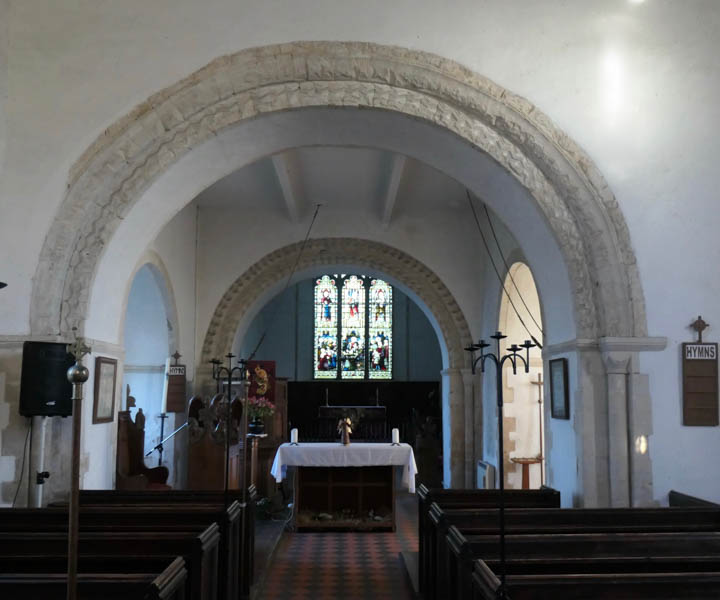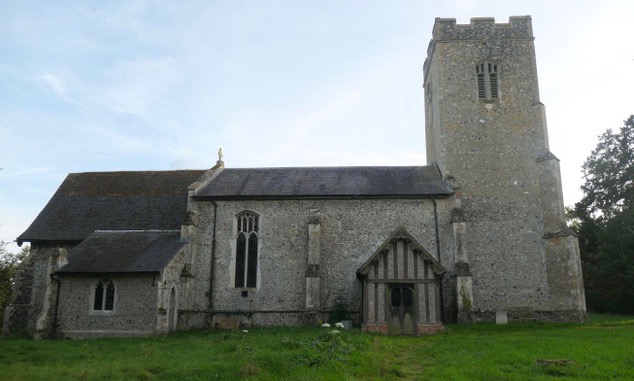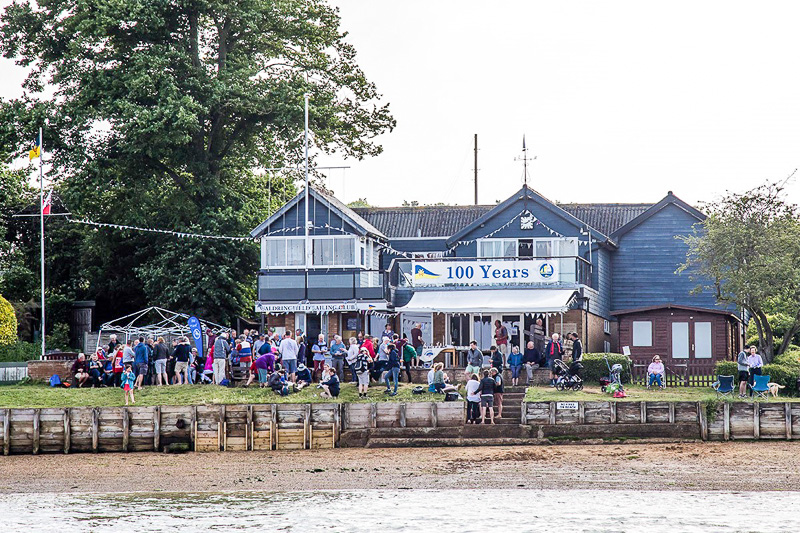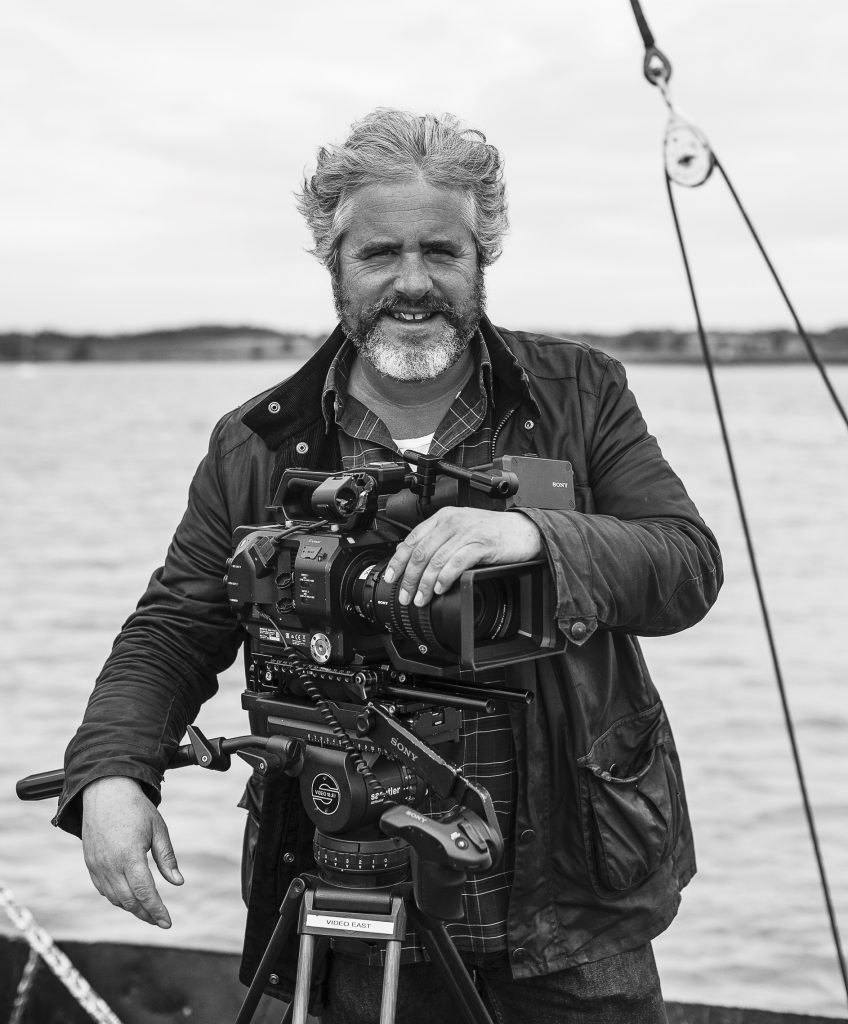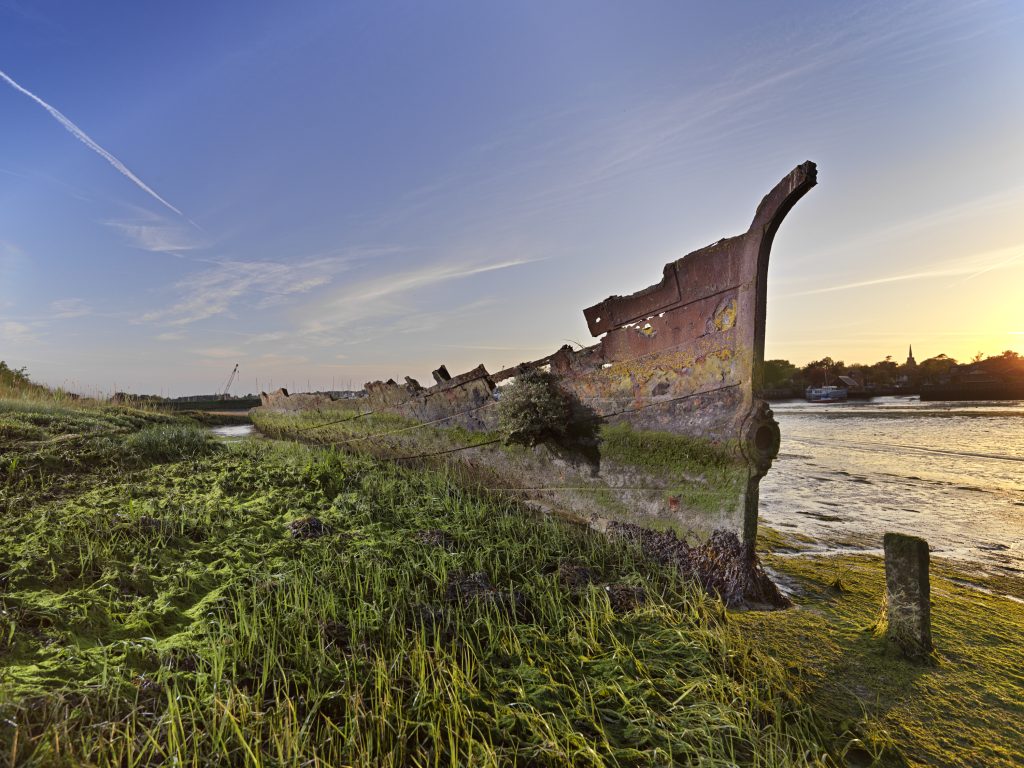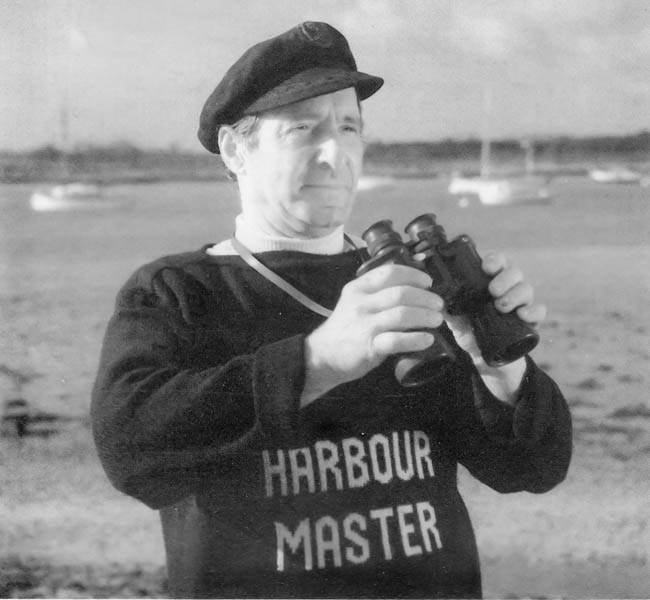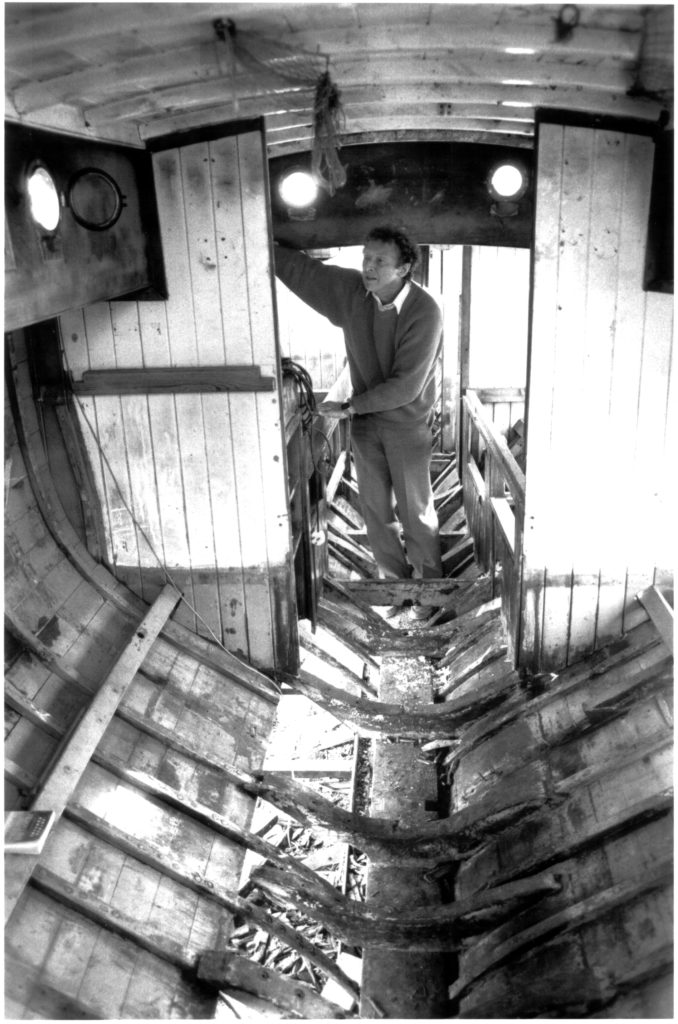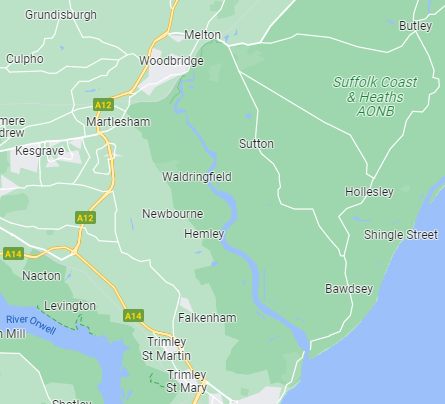By Gareth Thomas
If ever there was a woman with the River Deben in her blood and Waldringfield in her system it was Liz Kennedy who passed away on December 22nd2023, having attained the grand age of 94 and having retained true independence until just over a year before.
On January 25th 2024 her family, her friends, her recent carers and the residents of Waldringfield turned out in huge numbers at All Saints’ Church, overflowing into a packed Church Hall to celebrate her life. She was a true lover of the River Deben and well-known to many members of the River Deben Association.

Liz Kennedy at the helm of her clinker-built dinghy, Check (photo by Roger Stollery)

